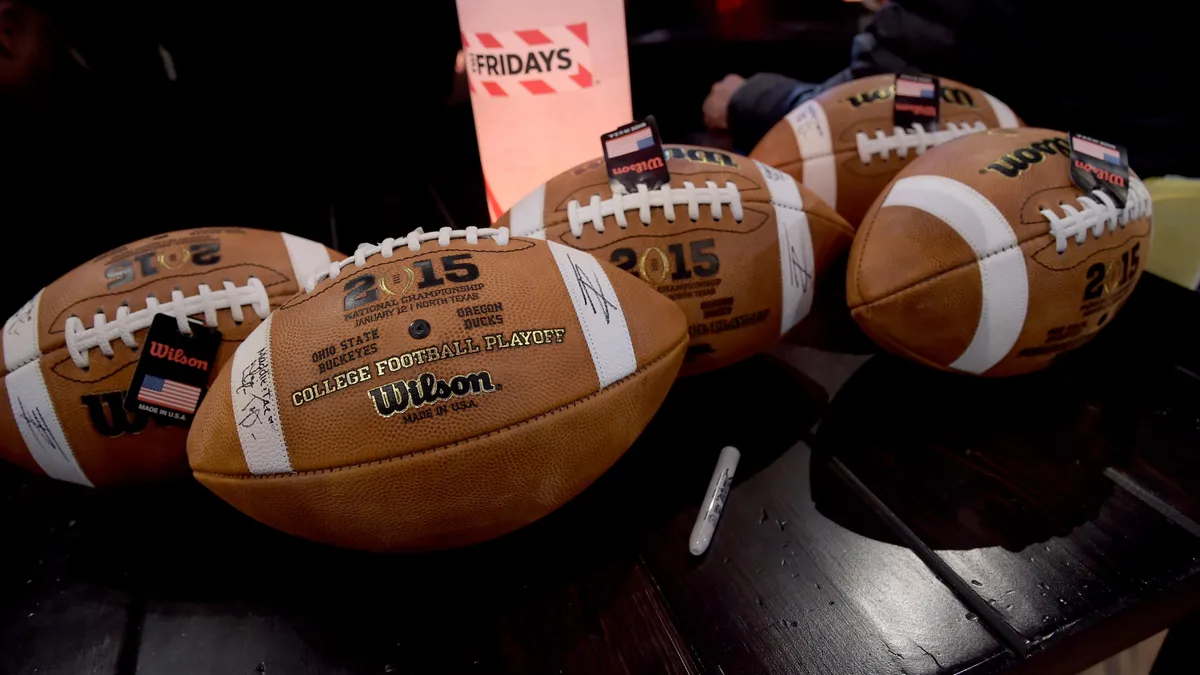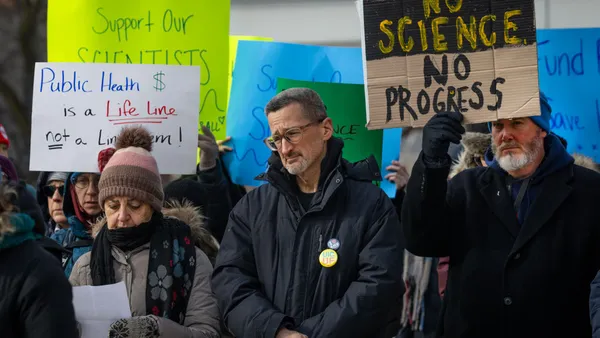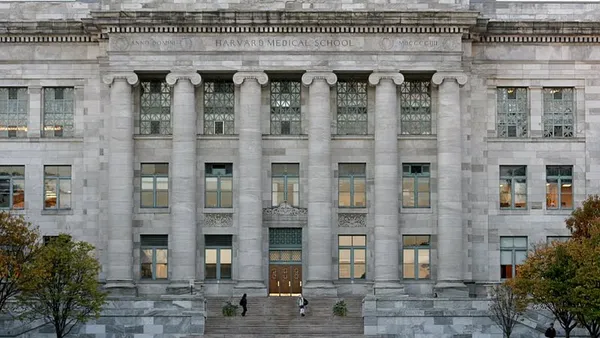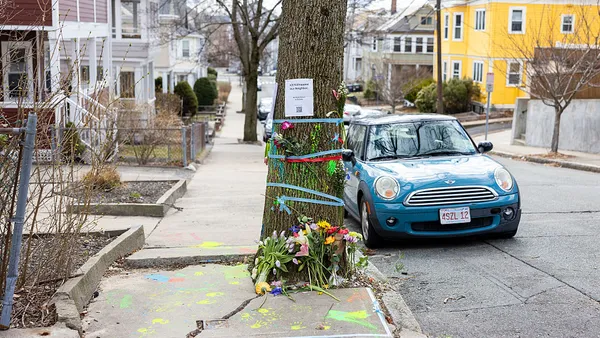Dive Brief:
-
The U.S. Supreme Court unanimously ruled Monday that NCAA restrictions on education-related benefits for college athletes violate antitrust laws.
-
It upheld a federal appeals court decision from last year that allowed top-tier football and basketball players to be provided a much wider variety of academic-related perks, such as scholarships for graduate school and internship opportunities.
-
The ruling represents a strike against what the NCAA says is an amateur system of college athletics. This model has most recently been stressed by states passing laws greenlighting players to be paid for use of their name, image and likeness (NIL).
Dive Insight:
The decision in NCAA v. Alston does not permit student-athletes to be paid a salary, but rather it allows colleges to recruit prospects by offering them more benefits linked to their education. This means an institution could try to woo student-athletes by promising to pay for such expenses as a computer or the cost of a study abroad program, which was previously not allowed.
It is one of the most significant court rulings in the history of college athletics, Michael McCann, a sports law professor at the University of New Hampshire, wrote in an essay in Sportico published Monday. This is in part because the Alston decision rejects the NCAA's logic that it is "owed favorable treatment under federal antitrust law," McCann wrote.
Indeed, Justice Neil Gorsuch wrote in Monday's opinion that the NCAA's limits on student-athlete compensation were not broadly immune to antitrust law simply "because they happen to fall at the intersection of higher education, sports, and money."
However, the exact ramifications on individual college budgets isn't yet clear. McCann wrote that the ruling doesn't obligate colleges to spend money to provide education-related benefits, but it's likely schools will "freely vie with one another for athletes."
The ruling also invites more extensive challenges to the NCAA's prohibition on student-athlete pay, said Ellen Staurowsky, a sports media professor at Ithaca College.
"It opens the door further to continue to challenge the NCAA's exploitative business practices," she said.
Justice Brett Kavanaugh ripped into the NCAA's model in a concurring opinion, writing the organization "is not above the law."
"Nowhere else in America can businesses get away with agreeing not to pay their workers a fair market rate on the theory that their product is defined by not paying their workers a fair market rate," Kavanaugh wrote. "And under ordinary principles of antitrust law, it is not evident why college sports should be any different."
More broadly, the NCAA has come under fire for arguing that compensating student-athletes would erode its amateur system while the association reaps almost all of the financial benefits.
Criticism around this issue has been growing, and many states have in recent months passed bills authorizing student-athletes to profit off the use of their name, image and likeness. Several of those measures take effect July 1.
Though the NCAA fought hard against the first such state proposal, in California, it has since moved to create its own NIL policies and is due to vote on them this week. NCAA President Mark Emmert said in a statement on the Alston ruling that although the decision does not directly affect NIL rules, the organization is committed to adopting them for student-athletes.
Emmert's statement said the Supreme Court ruling reaffirms the NCAA's "authority to adopt reasonable rules" and what constitutes educational benefits.
Emmert wrote in testimony for a recent Congressional hearing that the NCAA's opponents have attempted to weaponize antitrust laws and serial litigation to "change or undermine" the organization's rules. The NCAA wants a federal standard for NIL in particular that would correct the patchwork of laws on the issue that is emerging from states. But a federal NIL law appears unlikely before July 1, and Emmert recently pushed NCAA member colleges to approve an NCAA rule on the subject, saying he would take action otherwise.













